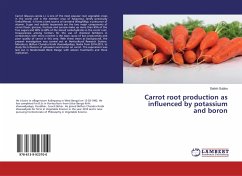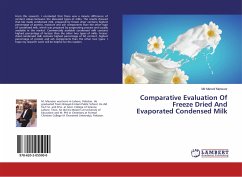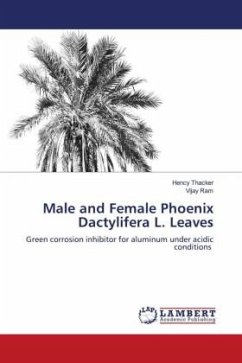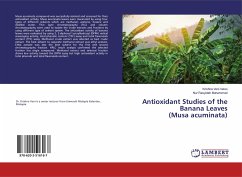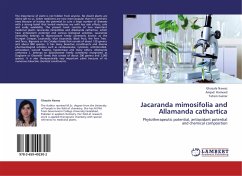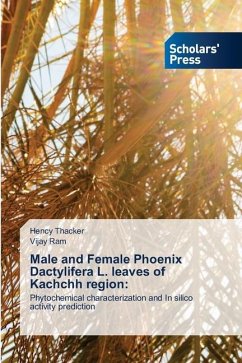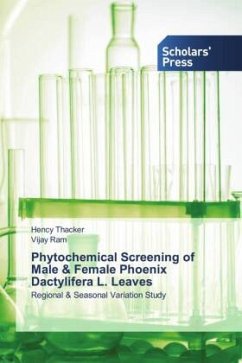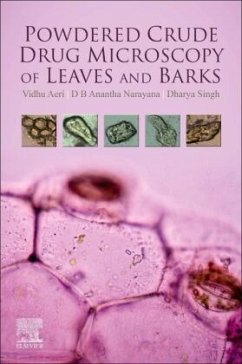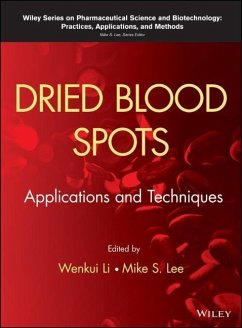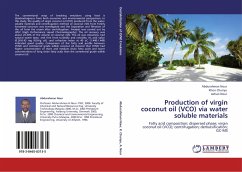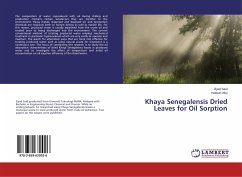
Khaya Senegalensis Dried Leaves for Oil Sorption
Versandkostenfrei!
Versandfertig in 6-10 Tagen
19,99 €
inkl. MwSt.

PAYBACK Punkte
10 °P sammeln!
The composition of water coproduced with oil during drilling and production contains certain substances that are harmful to the environment. Heavy metals, dispersed and dissolved oil, and production chemicals are toxicants both to human beings as well as marine life. For this reason, produced water is usually separated from the crude oil and treated prior to being discharged into the environment. The current conventional method of treating produced water employs mechanical treatment in particular hydrocyclones which are very costly to operate and maintain. The search for alternative ways that ...
The composition of water coproduced with oil during drilling and production contains certain substances that are harmful to the environment. Heavy metals, dispersed and dissolved oil, and production chemicals are toxicants both to human beings as well as marine life. For this reason, produced water is usually separated from the crude oil and treated prior to being discharged into the environment. The current conventional method of treating produced water employs mechanical treatment in particular hydrocyclones which are very costly to operate and maintain. The search for alternative ways that are more cost effective for treating produced water such as using natural waste for treatment is a continuous one. The focus of conducting this research is to study the oil adsorption characteristics of dried Khaya Senegalensis leaves in produced water and to investigate the effect of temperature and initial oil concentration on oil sorption efficiency of the dried leaves.



